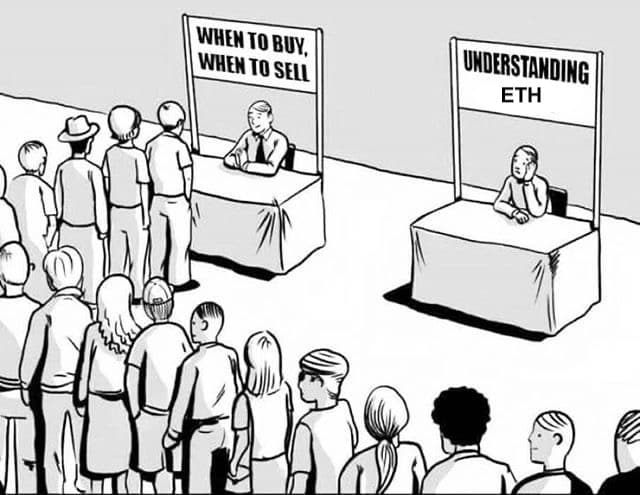Understanding Ethereum Account Abstraction
An Account Abstraction is a concept where users use smart contracts as wallets instead of regular wallets. This proposal contributes to the user experience thanks to the infinite capability and flexibility of smart contracts.

“In Ethereum, the state is made up of objects called “accounts”, with each account having a 20-byte address and state transitions being direct transfers of value and information between accounts”
Ethereum Whitepaper (March 03, 2023)
With the recent release of the standard ERC-4337 there are many doubts about what is an account abstraction, the differences with a regular wallet and the benefits
It is known that you need a wallet or account to send transactions through a blockchain protocol, in general, there are two types of accounts: Externally Owned Accounts (EOA) and Contract Accounts. EOAs are traditional wallets that are owned by individuals where they usually have their funds, send transactions and call smart contracts, they are controlled by private keys and they have no code inside. On the other hand, Contract Accounts are smart contracts that are controlled by their own code, so every time that the contract receives a message its code is executed.
Contract Accounts
When a smart contract is deployed to the Ethereum blockchain, it is assigned its own unique contract account address, which can be used to send and receive ether and interact with the smart contract. These contract accounts are generally created by developers and organizations looking to implement decentralized applications on the network.
Contract accounts are often programmed to execute specific functions automatically when certain conditions are met. For example, a contract account could be programmed to automatically send a token to a user when they send a certain amount of ether to the account. As you can see with Contract Accounts, the possibilities are the developer’s imagination
Introduction to Account Abstractions (AA)
Account Abstractions are Smart Contracts that operate on the blockchain and provide a secure platform for managing complex transactions. Unlike regular wallets, these are self-executing, meaning that they can automatically execute certain financial actions based on predefined conditions. For example, it can send funds to a specified address only when certain criteria are met, such as the date or a specific block number.
Account Abstractions are becoming increasingly popular, as they offer more comprehensive functionality than traditional wallets. For instance, an AA can be configured to run specific tasks such as escrow, crowdfunding, and auction procedures without requiring human intervention. Moreover, Account Abstractions offer enhanced security by enabling you to provide multiple signatures before executing the transaction, thereby making it very difficult for hackers to gain access to your funds.
A great example of an Account Abstraction is Safe Wallet, which is built on top of the Safe Core AA SDK, providing a multi-signature wallet where two or more user signatures defined on wallet creation are required to send one single transaction, increasing security, control and usability.
Use an Account Abstraction or a Regular Wallet?
Unlike Contract Accounts, EOAs or traditional wallets do not have any code associated with them, nor do they have the ability to execute programmable actions. They function like traditional digital wallets and allow for the storage, sending, and receiving of cryptocurrencies without the need for a third-party intermediary.
Continuing with the idea, EOA uses private keys to sign transactions, so if the passphrase is lost there won’t be a way to recover the funds inside, in contrast with an Account Abstraction that could contain a function that can help to immediately recover the funds by sending it to a predefined backup address. Also, going a bit deeper, with an account abstraction the transactions could be batched, it means that a sequence of transactions such a token approval and token transfer can be done only in one single operation, optimizing the gas consumption.
EOA wallets are relatively simple and straightforward to use, making them a popular choice for those who want to engage in simple cryptocurrency transactions. They provide a crucial layer of security as they are encrypted, and you are the only one with access to your funds. In contrast to Account Abstractions, they have limited use cases and lack the ability to execute complex transactions.
In conclusion, both Contract Accounts and EOA wallets play an important role in the blockchain space, catering to specific user requirements. Contract Accounts are ideal for executing complex transactions with increased security and transparency, while EOA wallets are great for simple, straightforward transactions. As blockchain technology continues to evolve, it will be interesting to see how these wallets with the release of the new standard ERC-3447, along with other developments in the blockchain space, shape the future of financial transactions and the web3 UX.